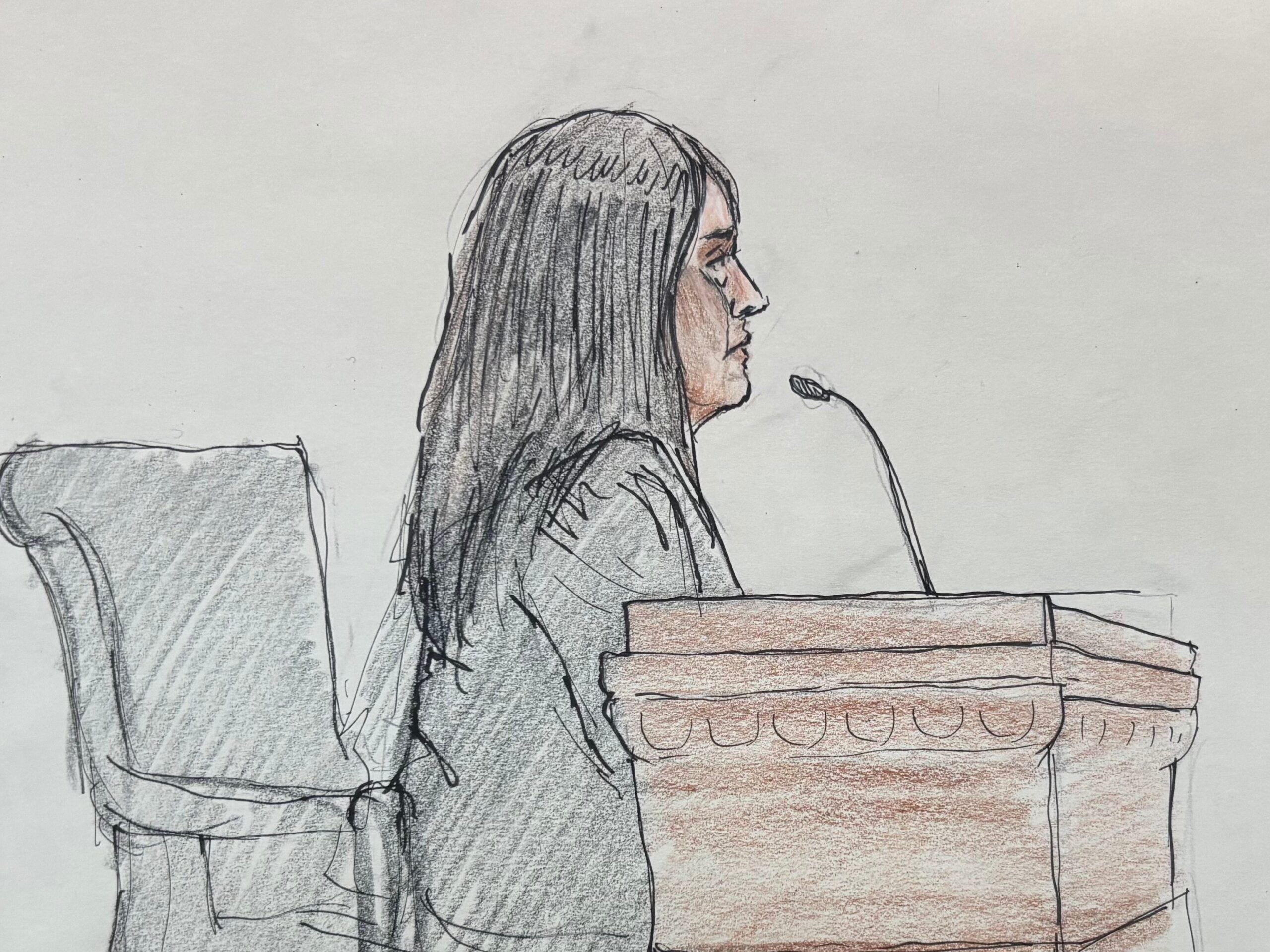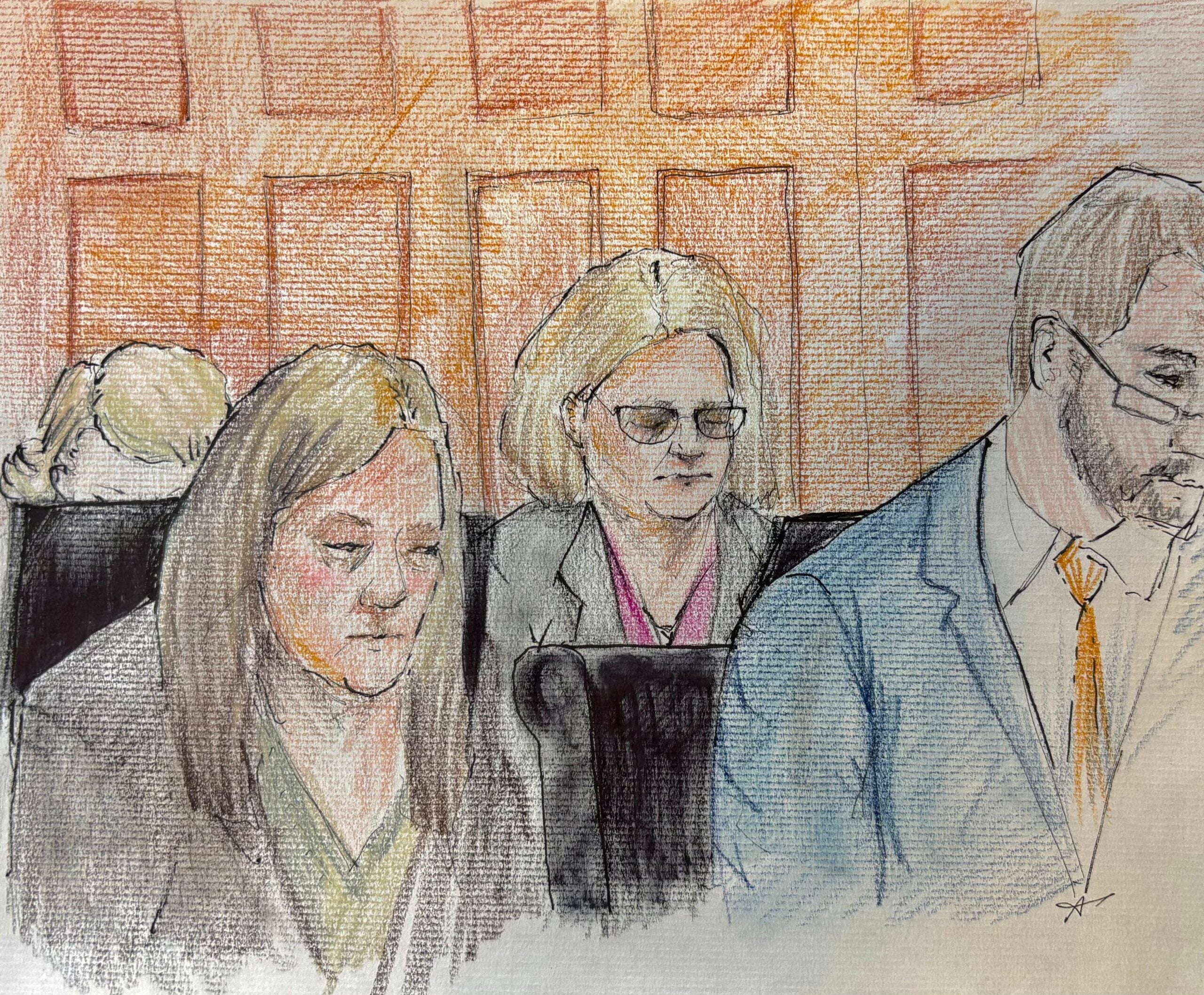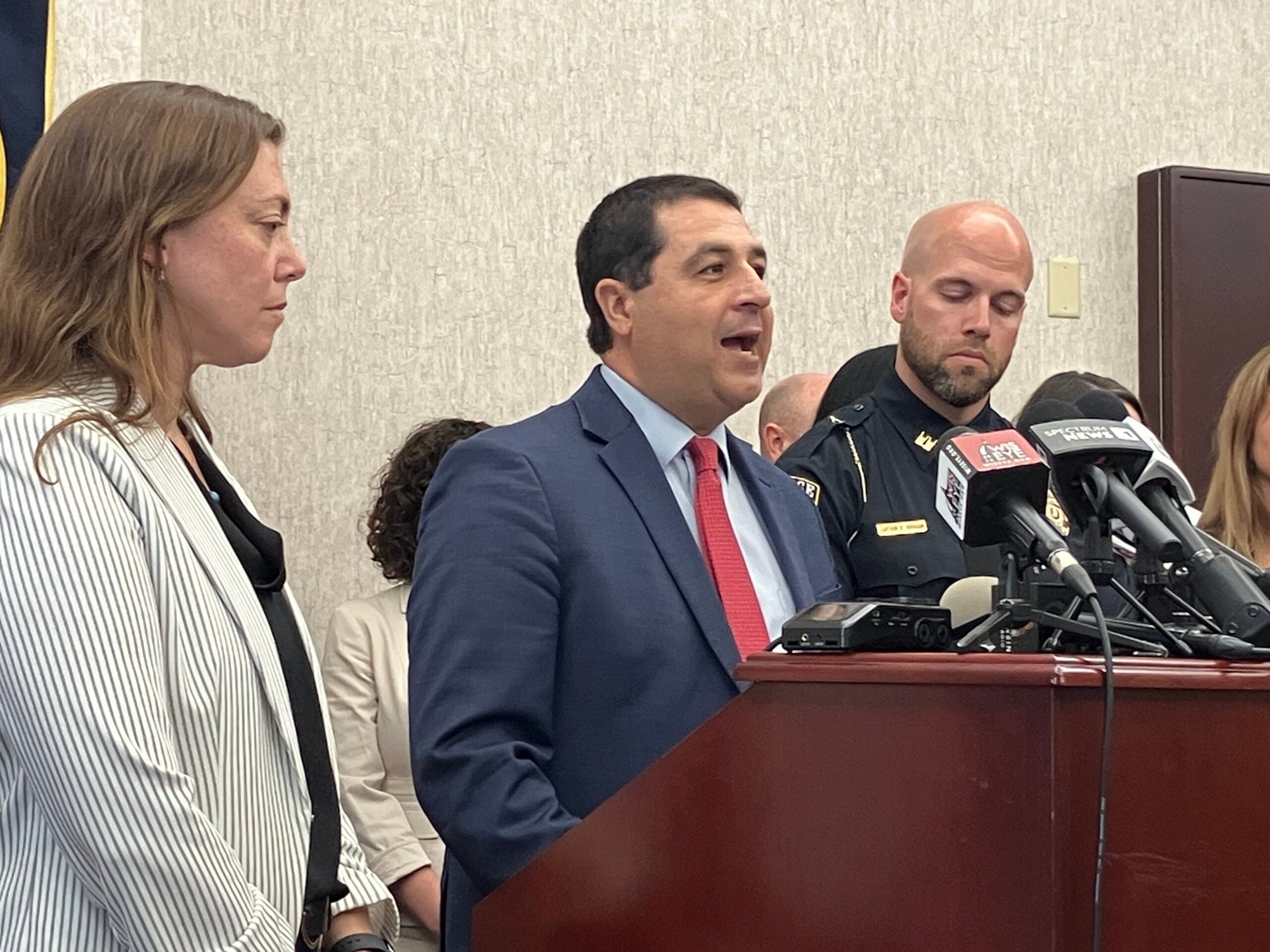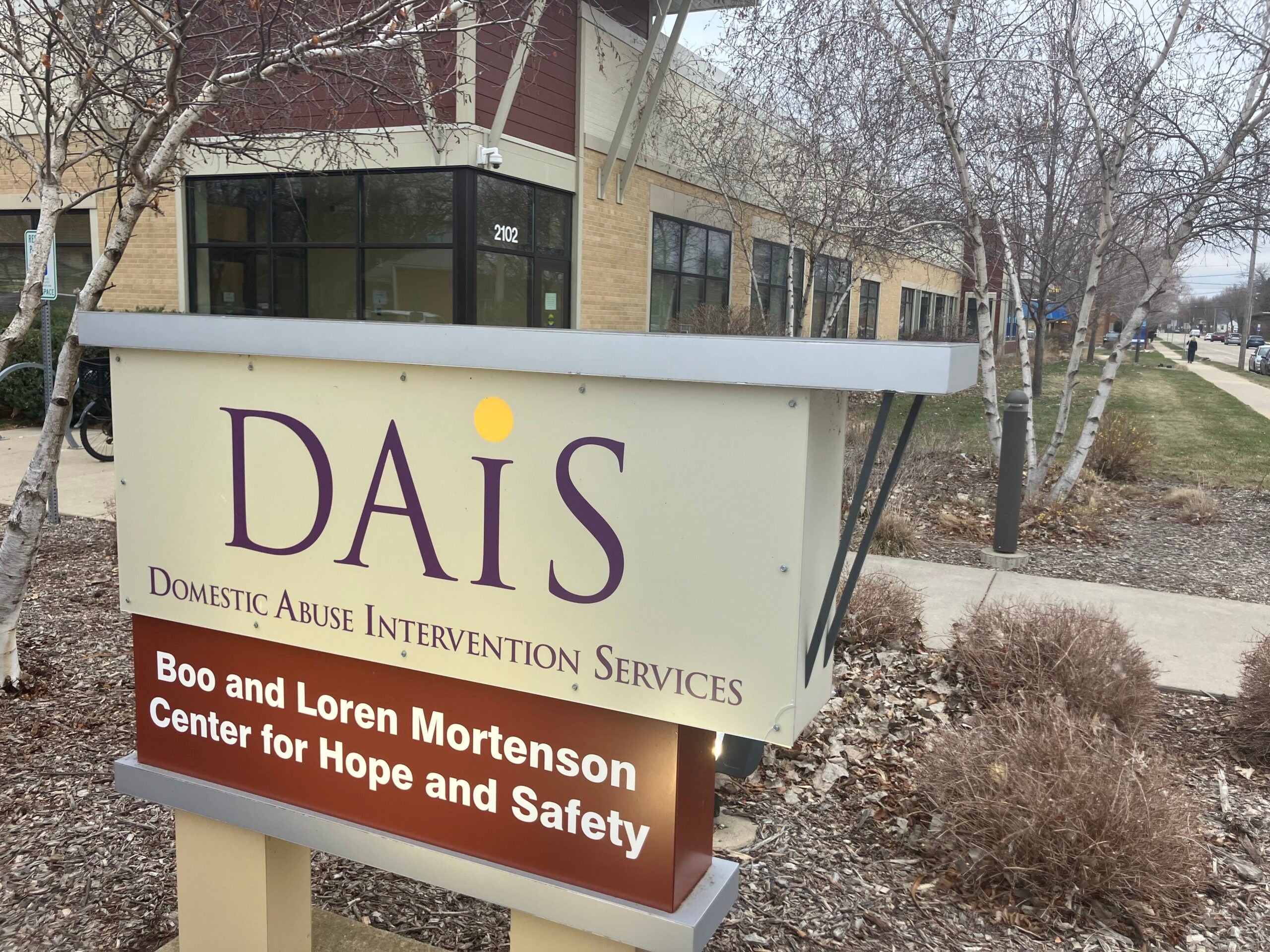A federal judge won’t let Wisconsin’s attorney general review sealed records from a bankruptcy case involving the state’s largest Catholic diocese.
Democratic Attorney General Josh Kaul’s office filed a motion last year, asking to confidentially view those records as part of a statewide investigation into sexual abuse by clergy and other faith leaders.
But, in an order this week, U.S. bankruptcy judge G. Michael Halfenger concluded the AG’s office hadn’t given a sufficient legal reason to reopen the case under bankruptcy law.
News with a little more humanity
WPR’s “Wisconsin Today” newsletter keeps you connected to the state you love without feeling overwhelmed. No paywall. No agenda. No corporate filter.
Milwaukee’s archdiocese filed for bankruptcy in 2011, before reaching a $21 million settlement deal with hundreds of sexual abuse survivors.
In his ruling, Halfenger noted that the case was closed more than seven years ago when since-retired Judge Susan Kelley approved the settlement. And Halfenger questioned why Wisconsin’s Department of Justice didn’t seek to reopen the case until 2023, about two years after the office launched its criminal inquiry into abuse by faith leaders.
Survivors filed about 580 proofs of claim, detailing sexual abuse as part of the bankruptcy case, and more than 550 of those claims were submitted confidentially with the understanding that they would be shielded from public view, according to Halfenger’s order. To proceed with Kaul’s request, the court would have needed to notify hundreds of survivors for the “furtherance of what appears to be a massive fishing expedition,” Halfenger wrote.
“It essentially asks the court to devote substantial time and other resources to facilitating an unbounded and roving investigation (or order the reorganized debtor to do that), for no particular reason that the court can discern,” the judge wrote.
Archdiocese had cited confidentiality concerns
In its legal filings, the AG’s office did not seek to unseal the records, which would have made them available to view on a public-facing court docket. Instead, state investigators were hoping to be added to the limited number of parties who have access to the claims. Kaul and other DOJ officials have promised that any identifying details about survivors would not have been publicized without survivors’ consent.
Nonetheless, the archdiocese argued that Kaul’s request could harm survivors who filed their claims with the understanding they would be kept private.
If the motion was granted, “potentially dozens of people would have access to their information,” the archdiocese said in a news release on Thursday.
“We are thankful for Judge Halfenger’s ruling because a breach of confidentiality like that would have been devastating to abuse survivors who see this case as closed, and want their claim kept under seal by the court,” Frank LoCoco, an attorney for the archdiocese said in a statement.
Survivors group hopes for appeal
But Sarah Pearson said those stated concerns about privacy are disingenuous. Pearson is the deputy director of Nate’s Mission, a Wisconsin-based organization that advocates for victims of clergy abuse.
“It’s just a slap in the face to survivors to use them as the reason why they can’t release these files, or why they’re unwilling to do so, because that just directly contradicts everything that the victims have been saying over the years,” she said.
Former priest Kevin Wester echoed that characterization.
“It’s like, no, victims want transparency,” he said. “That’s going to help us in our healing process.”
Wester was a part of the settlement after being abused by a Milwaukee priest as a child. He also helped oversee the bankruptcy deal as a creditors’ committee member.
Pearson called the recent ruling a setback, but said “we fully expect that the Attorney General will appeal this decision, and use the full extent of their authority to do the right thing for all of the survivors.”
The AG’s office is reviewing its legal options, a Department of Justice spokesperson said Thursday.
“This ruling underscores the importance of reports to the Clergy and Faith Leader Abuse Initiative,” Kaul said in a statement. “The Wisconsin Department of Justice continues to encourage anyone with information about clergy and faith leader abuse to make a report.”
AG’s office plans to release report on clergy abuse
In its news release, the archdiocese said the judge’s ruling refutes the argument that the AG needs access to the sealed records to protect public safety.
“The Archdiocese of Milwaukee has consistently communicated with the attorney general its on-going and long-standing commitment to working with his office or any local district attorney on any investigation related to potential criminal conduct involving sexual abuse of a minor related to any living archdiocesan priest,” the news release said. “The archdiocese has consistently cooperated with such investigations and will continue to do so.”
But, in legal documents, the AG’s office argued that the sealed records could shed light on cases beyond those limited to priests who are still alive. That includes cases involving laypeople who worked for the Church.
Additionally, Kaul has acknowledged that many of the documents may relate to claims where criminal prosecution is impossible because a perpetrator is dead or the statute of limitations has lapsed. But he’s contended that information in the documents could further a broader push for accountability. He says his office plans to publish a final report once its investigation into abuse by faith leaders is complete.
As part of its settlement, the archdiocese agreed to publish a list of priests who are restricted from their duties after being accused of sexually abusing minors. Access to those sealed documents would have allowed the AG’s office to better assess whether the archdiocese is fully complying by maintaining a complete list, Kaul’s office argued.
Melanie Sakoda, a survivor support director for the Survivors Network of those Abused by Priests, or SNAP, called the ruling against reopening the case “disappointing.”
“I think that’s one of the primary reasons why Catholic dioceses file for bankruptcy, is to hide information and to make sure that the public and their parishioners never know the full extent of how many people were abused,” she said.
Milwaukee’s archdiocese spans 10 counties in southeastern Wisconsin.
Wisconsin Public Radio, © Copyright 2025, Board of Regents of the University of Wisconsin System and Wisconsin Educational Communications Board.







